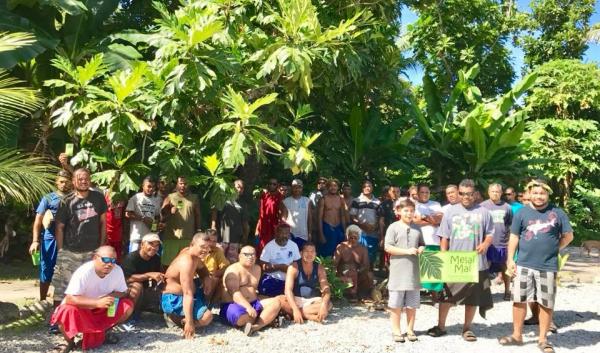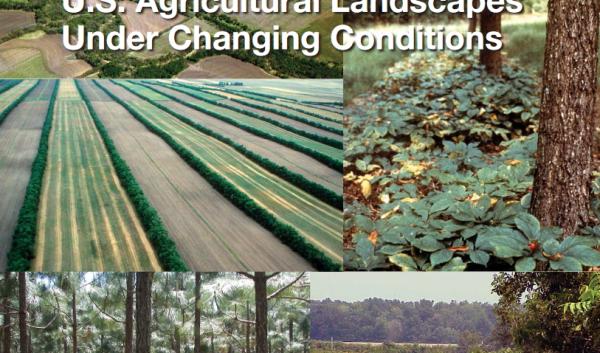Image

Climate and food systems are deeply intertwined, with each significantly impacting the other. As climate hazards and impacts become increasingly severe globally, the need for food systems that can withstand, adapt, and help mitigate these challenges becomes more critical locally. The "Voices from the Field: Diversification of Food Production Systems" booklet underscores the importance of agroecological diversity, from the genetic to landscape scale, in enhancing the resilience of our food systems. Highlighting place-based but broadly applicable practices of diverse production systems from around the world, it showcases the importance of integrating diverse, and context specific practices to help mitigate and adapt to climate change.
Insights were gathered during a food systems diversification workshop organized by the Environmental Defense Fund (EDF) during the 2023 World Food Prize event, where EDF brought together over 20 participants, including traditional and Indigenous producers, policymakers, business owners, and academic experts, to share their experiences and insights on food production diversification and its benefits in the face of climate disasters and disturbances. With colleagues across teams at EDF, the Southwest Climate Hub, and the University of Hawaiʻi at Mānoa, we collaborated to ensure these critical stories were captured and shared.
Of particular relevance to the Pacific Islands is the story from Fiji. Nakita Bingham-Irvin, founder of Tasty Island Treats, demonstrated the importance of highly diverse, local food production systems, such as agroforestry, to the resilience of her business after Cyclone Winston, the strongest cyclone in the history of the South Pacific. Agroforests are integrated systems where trees and shrubs grow alongside crops and occasionally livestock, creating a diverse agroecosystem. Her business, specializing in nutritious ice pops made from local produce, successfully adapted to resource fluctuations caused by climate events like Cyclone Winston. This was due to the high diversity of locally produced agroforestry fruits, which have varying levels of resilience and recovery times for fruit production. Nakita’s ability to create new flavors and maintain a steady supply of ingredients despite climatic challenges highlights the importance of local and diversified production systems in building resilience.
Another compelling example is from the Hopi Nation in Arizona, where Dr. Michael Kotutwa Johnson works with heritage maize varieties adapted to the arid conditions of northern Arizona. These heritage crops, developed through centuries of Indigenous knowledge, are crucial for adapting to climate variability and providing essential nutrition. Dr. Johnson’s approach, which emphasizes the reciprocal relationship between the land, crops, and people, showcases how traditional practices can inform modern agricultural strategies to ensure food security, specifically nutrition, and resilience.
These stories, alongside ones shared from Iowa, New York, and Bangladesh, illustrate the necessity of integrating diverse production practices to enhance resilience across the food system, from production, to processing, distribution, and consumption. As we move forward, it is essential to not only support, but be guided by, diverse actors leading in climate resilience and food system diversification practices. Collaborative actions focused on policy, research, markets, and social and cultural aspects are crucial for promoting a global, producer-led movement. By fostering inclusive decision-making and providing the necessary resources and tools, we can create sustainable and resilient food systems capable of withstanding the impacts of climate change. For more information on this work be sure to check out the blog!
Image





